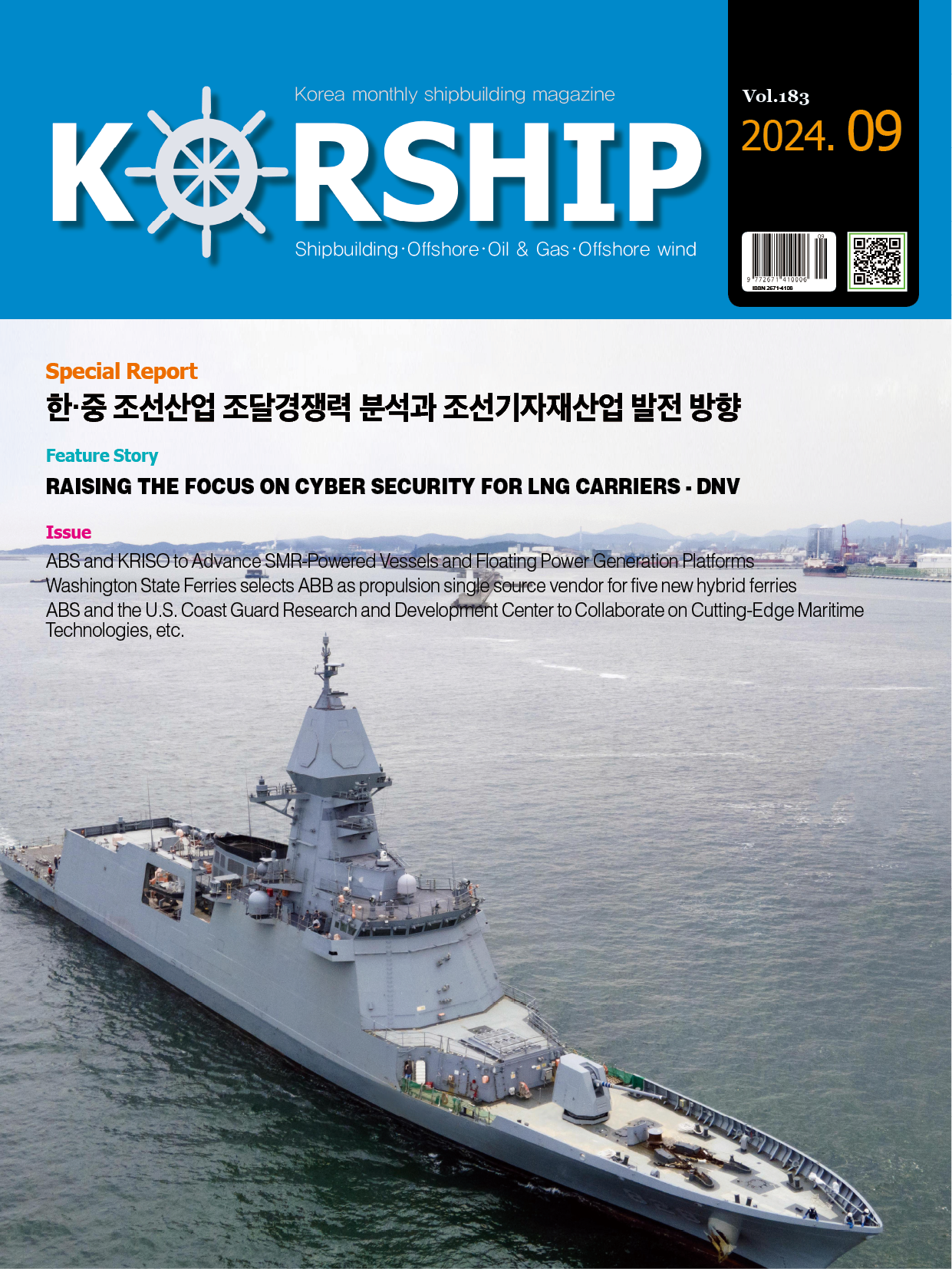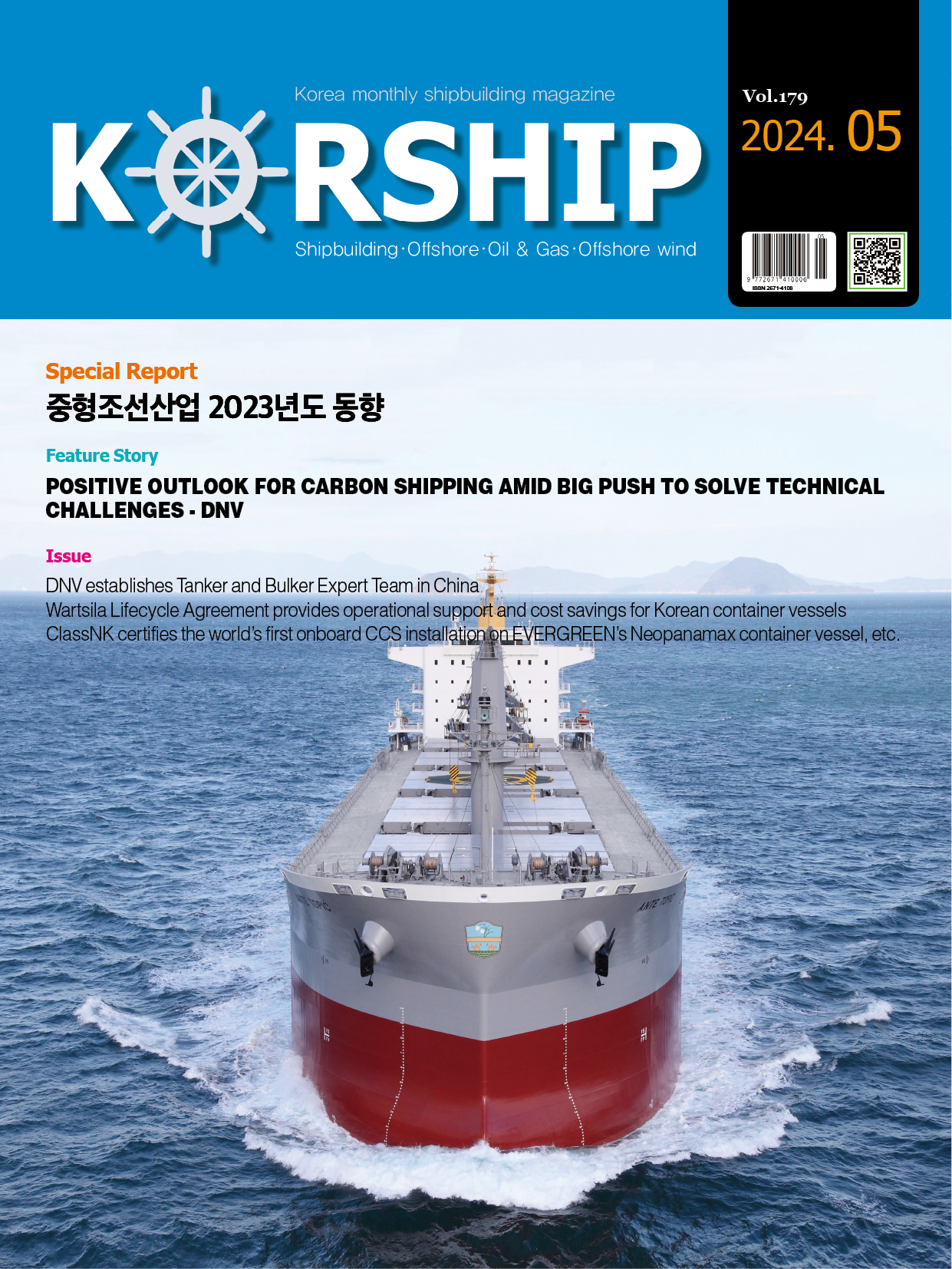Business News Shell Marine Expands Shipcare Network
페이지 정보
작성자 최고관리자 댓글 0건 조회 1,591회 작성일 21-06-14 17:58본문
As an integrated marine solutions provider, Shell Marine has increased the availability of its Shell Shipcare range – a core portfolio of shipping maintenance products and solutions that allows shipowners to care for their vessels and manage their fleets in a more convenient and cost-effective manner.
First launched at the Port of Singapore last year, the Shell Shipcare portfolio is now available at eight ports around the world, including Amsterdam, Busan, Fujairah, Houston, Kobe, Rotterdam and Shanghai. Shell Marine customers enjoy a single point of contact for all their lubricants and maintenance products in these ports, as well as seamless end-to-end support for their vessels, from account management to technical support.
Shell Marine Global General Manager, Joris van Brussel, said: “We want to help make our customers' voyages more efficient, predictable and cleaner. It’s been a challenging few years for the shipping industry and operators need integrated solutions to keep their fleets well-maintained. With Shell Shipcare, we’ve been able to offer our customers greater convenience, smoother operations and better control of their total cost of operations – all in one place. Shell Shipcare is already available in eight major ports, and we plan to have 20 ports in total by the end of the year.”
The Shell Shipcare portfolio supports a variety of vessel types, from fishing boats and cruise ships to oceangoing tankers. It comprises a range of treatment chemicals for boilers, main-engine cooling water, evaporators and fuel, as well as dispersants and general cleaners such as hydrochloric descaler, carbon remover and solvent degreaser. The portfolio includes a range of test kits for determining chemical concentrations in water and meters for measuring critical parameters such as PH and conductivity.
Used effectively, the Shell Shipcare range helps keep machinery in good working condition by preventing corrosion and the formation of unwanted deposits. This can help fleet operators reduce total operational costs and protect the reliability and integrity of critical equipment.












